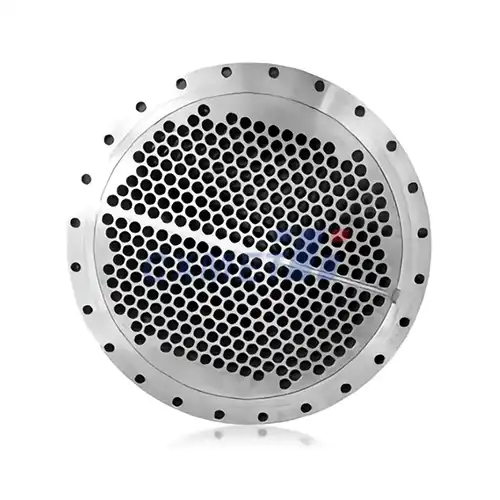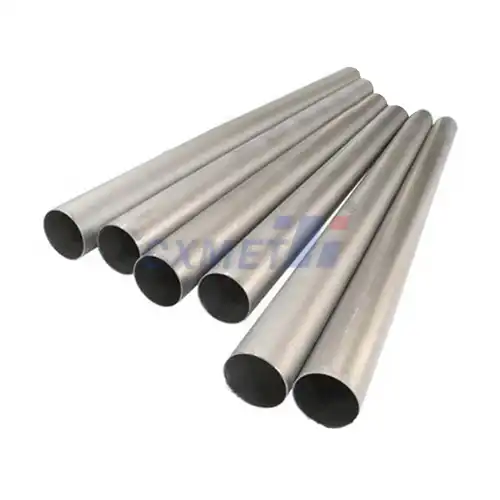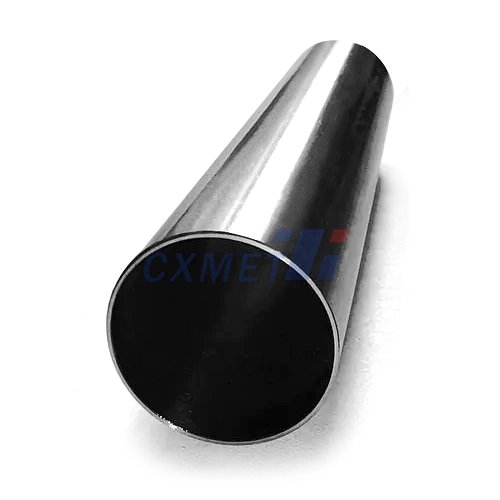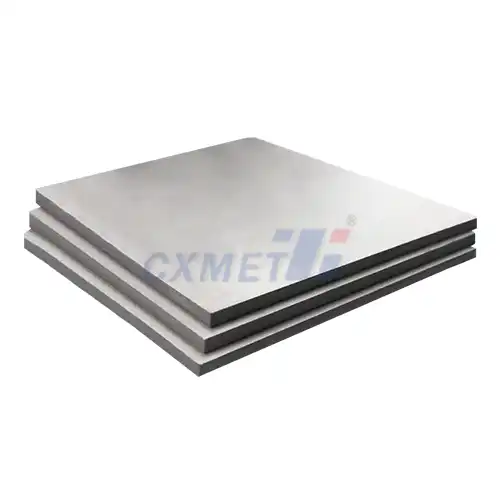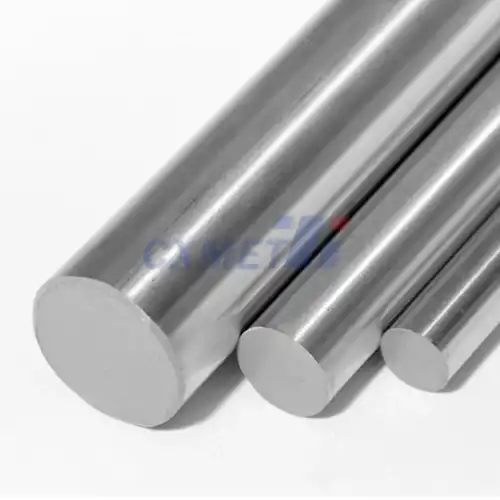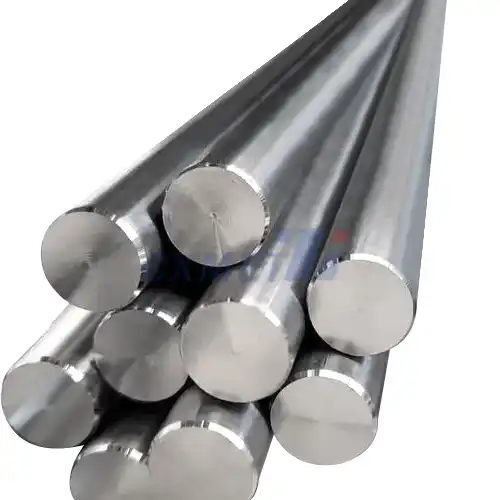- English
- French
- German
- Portuguese
- Spanish
- Russian
- Japanese
- Korean
- Arabic
- Greek
- German
- Turkish
- Italian
- Danish
- Romanian
- Indonesian
- Czech
- Afrikaans
- Swedish
- Polish
- Basque
- Catalan
- Esperanto
- Hindi
- Lao
- Albanian
- Amharic
- Armenian
- Azerbaijani
- Belarusian
- Bengali
- Bosnian
- Bulgarian
- Cebuano
- Chichewa
- Corsican
- Croatian
- Dutch
- Estonian
- Filipino
- Finnish
- Frisian
- Galician
- Georgian
- Gujarati
- Haitian
- Hausa
- Hawaiian
- Hebrew
- Hmong
- Hungarian
- Icelandic
- Igbo
- Javanese
- Kannada
- Kazakh
- Khmer
- Kurdish
- Kyrgyz
- Latin
- Latvian
- Lithuanian
- Luxembou..
- Macedonian
- Malagasy
- Malay
- Malayalam
- Maltese
- Maori
- Marathi
- Mongolian
- Burmese
- Nepali
- Norwegian
- Pashto
- Persian
- Punjabi
- Serbian
- Sesotho
- Sinhala
- Slovak
- Slovenian
- Somali
- Samoan
- Scots Gaelic
- Shona
- Sindhi
- Sundanese
- Swahili
- Tajik
- Tamil
- Telugu
- Thai
- Ukrainian
- Urdu
- Uzbek
- Vietnamese
- Welsh
- Xhosa
- Yiddish
- Yoruba
- Zulu
What is Titanium 6Al-4V Grade 5 Sheet Used For?
Titanium 6Al-4V Grade 5 Sheet is a high-strength, lightweight alloy widely used in various industries due to its exceptional properties. This versatile material, also known as Ti-6Al-4V or Ti 6-4, is composed of titanium alloyed with 6% aluminum and 4% vanadium. Its unique combination of strength, corrosion resistance, and biocompatibility makes it an ideal choice for applications ranging from aerospace to medical implants. In this blog post, we'll explore the properties, applications, and advantages of Titanium 6Al-4V Grade 5 Sheet, shedding light on why it has become such a crucial material in modern engineering and manufacturing.
What are the properties of Titanium 6Al-4V Grade 5 Sheet?
Titanium 6Al-4V Grade 5 Sheet boasts an impressive array of properties that contribute to its widespread use across various industries. Understanding these characteristics is crucial for engineers and designers when selecting materials for specific applications.
First and foremost, the strength-to-weight ratio of Titanium 6Al-4V Grade 5 Sheet is exceptional. With a tensile strength ranging from 895 to 1000 MPa and a density of just 4.43 g/cm³, this alloy offers unparalleled strength while remaining lightweight. This combination makes it particularly attractive for aerospace and automotive applications where weight reduction is critical for improved fuel efficiency and performance.
Corrosion resistance is another standout property of Titanium 6Al-4V Grade 5 Sheet. The material forms a stable, continuous, highly adherent, and protective oxide film on its surface when exposed to oxygen. This natural passivation layer provides excellent resistance to a wide range of corrosive environments, including saltwater, making it ideal for marine applications and chemical processing equipment.
The alloy also exhibits remarkable heat resistance, maintaining its strength at elevated temperatures up to 400°C (752°F). This property, combined with its low thermal expansion coefficient, makes it suitable for components in jet engines and other high-temperature applications.
Biocompatibility is yet another crucial characteristic of Titanium 6Al-4V Grade 5 Sheet. The material is non-toxic and non-allergenic, with excellent compatibility with human bone and tissue. This property has led to its widespread use in medical implants, such as joint replacements, dental implants, and surgical instruments.
The fatigue strength of Titanium 6Al-4V Grade 5 Sheet is also noteworthy. It can withstand repeated cyclic loading without failure, making it suitable for applications involving frequent stress cycles, such as aircraft structures and high-performance automotive components.
Lastly, the material's excellent machinability and weldability contribute to its versatility in manufacturing processes. While titanium alloys are generally more challenging to machine than steels, advancements in cutting tools and techniques have made working with Titanium 6Al-4V Grade 5 Sheet more accessible and cost-effective.
How does Titanium 6Al-4V Grade 5 Sheet compare to other materials?
When considering materials for various applications, it's essential to understand how Titanium 6Al-4V Grade 5 Sheet stacks up against other commonly used materials. This comparison helps engineers and designers make informed decisions based on specific project requirements.
Compared to stainless steel, Titanium 6Al-4V Grade 5 Sheet offers a significantly higher strength-to-weight ratio. While some high-strength stainless steels may have comparable or even higher tensile strengths, titanium's lower density (about 60% that of steel) results in a much better strength-to-weight ratio. This advantage is particularly crucial in aerospace and automotive applications where weight reduction directly translates to improved fuel efficiency and performance.
In terms of corrosion resistance, Titanium 6Al-4V Grade 5 Sheet outperforms most grades of stainless steel, especially in marine environments. Its natural oxide layer provides superior protection against saltwater corrosion, making it an excellent choice for marine applications where stainless steel might eventually succumb to pitting or crevice corrosion.
When compared to aluminum alloys, Titanium 6Al-4V Grade 5 Sheet offers higher strength and better heat resistance. While aluminum is lighter, titanium's superior strength allows for thinner sections and potentially lighter overall structures in many applications. Additionally, titanium maintains its strength at higher temperatures than most aluminum alloys, making it preferable for high-temperature applications.
In the realm of biomedical applications, Titanium 6Al-4V Grade 5 Sheet stands out when compared to other biocompatible materials like cobalt-chromium alloys or stainless steel. Its lower elastic modulus, closer to that of human bone, reduces stress shielding in orthopedic implants. Furthermore, its excellent osseointegration properties make it the material of choice for dental implants and certain joint replacements.
However, it's important to note that Titanium 6Al-4V Grade 5 Sheet is generally more expensive than many other engineering materials. Its higher cost is often justified by its superior properties and long-term performance, especially in critical applications where failure is not an option. The initial investment in titanium components can lead to reduced maintenance costs and extended service life, potentially offering better long-term value.
What industries use Titanium 6Al-4V Grade 5 Sheet?
Titanium 6Al-4V Grade 5 Sheet finds applications across a wide range of industries, each leveraging its unique properties to solve specific engineering challenges. Understanding these applications provides insight into the versatility and importance of this remarkable material.
In the aerospace industry, Titanium 6Al-4V Grade 5 Sheet is extensively used in both commercial and military aircraft. Its high strength-to-weight ratio makes it ideal for structural components, engine parts, and fasteners. Aircraft manufacturers use it in wing structures, landing gear assemblies, and hydraulic systems. In jet engines, titanium alloys, including Grade 5, are used for compressor blades, discs, and casings, where their heat resistance and strength are crucial.
The automotive industry, particularly in high-performance and racing applications, has embraced Titanium 6Al-4V Grade 5 Sheet. It's used in valve springs, connecting rods, and exhaust systems, where its strength, heat resistance, and weight reduction properties contribute to improved engine performance and efficiency. Some luxury and sports car manufacturers also use titanium in suspension components and body panels to reduce weight and enhance performance.
In the medical field, Titanium 6Al-4V Grade 5 Sheet is a staple material for implants and surgical instruments. Its biocompatibility, corrosion resistance, and strength make it ideal for hip and knee replacements, dental implants, and bone plates. The material's ability to osseointegrate – to form a strong bond with bone tissue – is particularly valuable in these applications. Additionally, titanium's non-magnetic properties make it safe for use in patients who may need MRI scans in the future.
The chemical processing industry utilizes Titanium 6Al-4V Grade 5 Sheet in various equipment exposed to corrosive environments. Heat exchangers, reaction vessels, and piping systems in chemical plants often incorporate titanium components to withstand aggressive chemicals and prevent contamination of processed materials.
In the marine industry, Titanium 6Al-4V Grade 5 Sheet is used in shipbuilding, particularly for components exposed to seawater. Its corrosion resistance makes it suitable for propeller shafts, underwater robotic vehicles, and desalination plant components. The material's strength and lightweight nature also make it valuable in high-performance marine racing applications.
The energy sector, including oil and gas exploration, employs Titanium 6Al-4V Grade 5 Sheet in various applications. Offshore drilling equipment, subsea valves, and heat exchangers in power plants benefit from titanium's corrosion resistance and strength in harsh environments.
Lastly, the sporting goods industry has found numerous applications for Titanium 6Al-4V Grade 5 Sheet. Golf club heads, bicycle frames, and high-end sports equipment often incorporate titanium components to reduce weight while maintaining strength and durability.
In conclusion, Titanium 6Al-4V Grade 5 Sheet is a versatile and high-performance material that has found its place in numerous industries. Its unique combination of strength, lightweight nature, corrosion resistance, and biocompatibility makes it an invaluable resource for engineers and designers across various fields. While its higher cost compared to some other materials may be a consideration, the long-term benefits in terms of performance, durability, and reduced maintenance often justify the investment. As manufacturing techniques continue to evolve and new applications emerge, Titanium 6Al-4V Grade 5 Sheet is likely to remain a crucial material in the world of engineering and technology.
At SHAANXI CXMET TECHNOLOGY CO., LTD, we take pride in our extensive product range, which caters to diverse customer needs. Our company is equipped with outstanding production and processing capabilities, ensuring the high quality and precision of our products. We are committed to innovation and continuously strive to develop new products, keeping us at the forefront of our industry. With leading technological development capabilities, we are able to adapt and evolve in a rapidly changing market. Furthermore, we offer customized solutions to meet the specific requirements of our clients. If you are interested in our products or wish to learn more about the intricate details of our offerings, please do not hesitate to contact us at sales@cxmet.com. Our team is always ready to assist you.
References:
1. ASM International. (2015). Titanium and Titanium Alloys: Fundamentals and Applications.
2. Boyer, R., Welsch, G., & Collings, E. W. (1994). Materials Properties Handbook: Titanium Alloys.
3. Leyens, C., & Peters, M. (Eds.). (2003). Titanium and Titanium Alloys: Fundamentals and Applications.
4. Lütjering, G., & Williams, J. C. (2007). Titanium (Engineering Materials and Processes).
5. Donachie, M. J. (2000). Titanium: A Technical Guide.
6. Peters, M., Kumpfert, J., Ward, C. H., & Leyens, C. (2003). Titanium alloys for aerospace applications.
7. Rack, H. J., & Qazi, J. I. (2006). Titanium alloys for biomedical applications.
8. Faller, K., & Froes, F. H. (2001). The use of titanium in family automobiles: Current trends.
9. Schutz, R. W., & Watkins, H. B. (1998). Recent developments in titanium alloy application in the energy industry.
10. Ezugwu, E. O., & Wang, Z. M. (1997). Titanium alloys and their machinability—a review.
